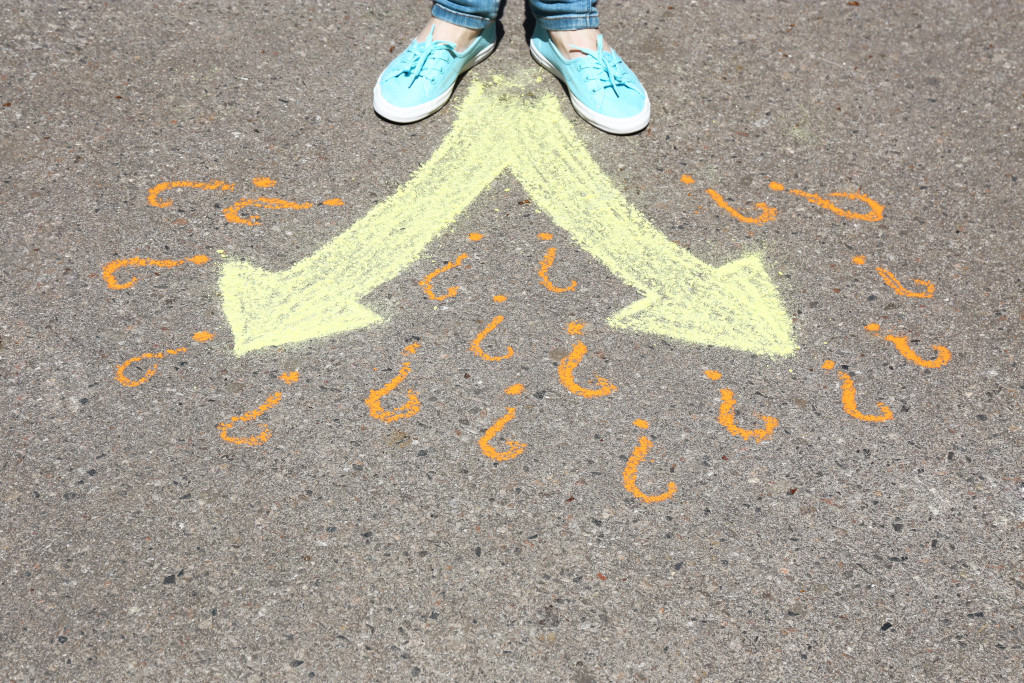Disrespectfulness is not tolerated in the collaborative divorce process.

We can probably all sadly agree that our society is devolving into a culture of disrespect. Rather than learning to respect others, because of what the media and our political leaders demonstrate for them on a daily basis, our children learn to disrespect them.
Our government was built on competing ideas. Growing up, I learned that debate and dialogue are good for sorting out what will work best. However, in the political realm, the debate has become a contest of slurs, not a respectful dialogue but only about how best to disrespect the competition. And this disrespectful attitude has permeated every other aspect of our society, including divorce court.
So how do we change this environment of disrespect and once again teach our children, our future, to value respectfulness? Just as they have learned disrespect from the actions of others, they can learn respect if we model it for them.

When it comes to domestic disputes, litigation is a disrespectful choice that destroys families, traps our children in their parents’ nightmares, and inevitably teaches children that it is okay to treat others, even those closest to you, without the respect that we all deserve.
In contrast, collaborative practice is all about respect. In this dispute resolution process, parties are encouraged to abide by the Golden Rule, to participate in transparency, and to maintain respectfulness towards each other and to the professionals involved. Disrespectfulness is not tolerated. I often find myself telling my clients, “No matter what the issue, ask yourself, ‘What is the respectful solution?’”
During the collaborative divorce process, parties not only reach better, more holistic resolutions, but they learn a higher level of respect that helps them in their relationships, even once their divorce has concluded. They then, whether knowingly or unknowingly, model this behavior for their children and for those around them.

People respond positively to respect. People thrive when others actively listen, acknowledge them, and care about their thoughts and feelings, instead of judging them without the facts, exploiting their circumstances, or misrepresenting ideas simply to hurt them. It seems like common sense, but respect is actually a learned behavior, especially during times of high stress.
When we give respect, we gain respect, and we thereby recruit others to cooperate, participate, and give respect. With respect, people behave better and work better together. Respect is contagious.
Respect is a core value when it comes to the collaborative process. It’s as simple as that. How do we show our respect during the collaborative divorce process?
- We believe in the process. Collaborative divorce professionals have witnessed collaborative magic happen often enough and have heard our own clients offer testimonials praising the process to firmly believe that the process is a better approach to dispute resolution.
- We actively listen and ask questions to better understand our clients’ goals. “What would happen if we did that?” “Tell me more.” “Help me understand.” “How would that work?”
- We focus on the clients’ goals, not on the process or the people. We work towards resolutions that meet the highest interests of the clients.
- We give support when it’s needed.
- We value transparency. We don’t posture or try to hide our weaknesses; we focus on creating solutions and utilizing everyone’s talents to do so.
By modeling respect during the collaborative divorce process, collaborative professionals teach their clients more effective ways to communicate with one another. Parents inevitably take these lessons home to their children, who then become adults who value and model respect themselves. In this way, we are changing the way the world gets divorced and, at the same time, making the world a better place.













